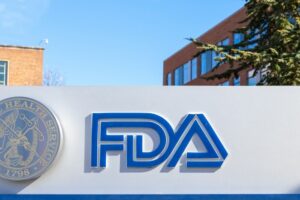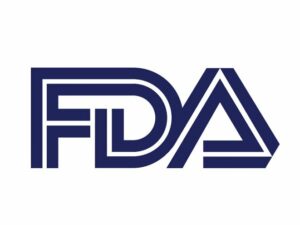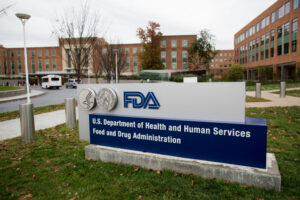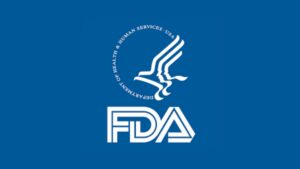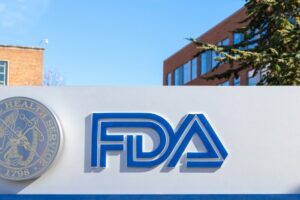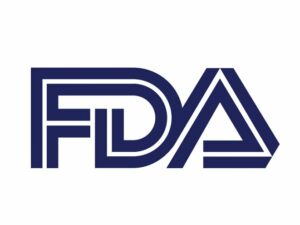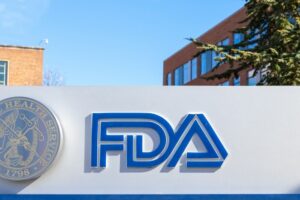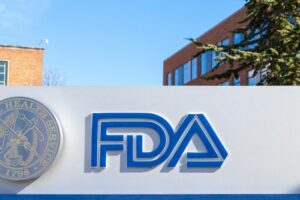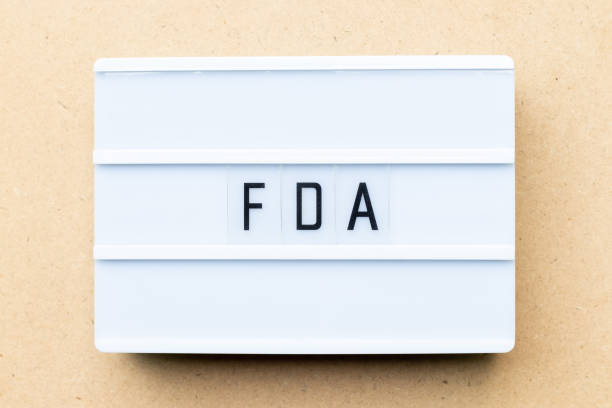
Table of Contents
Denial of Inspection
The scope of the guidance covers, inter alia, the circumstances the authority will deem to be denying an inspection to be conducted by the authority in order to assess compliance of an entity involved in operations with medical devices with the applicable regulatory requirements. According to the guidance, denial states for any actions or omissions resulting in the inspectors being actually prevented from conducting an inspection or completing it. As further explained by the authority, this concept includes not only the physical actions taken to prevent access to the premises subject to inspection, but also providing misleading or deceptive information. The document further outlines the behaviors that could be deemed a denial, resulting in a product in question being adulterated, namely:
- A facility rejects FDA’s attempt to schedule a pre-announced inspection;
- Upon arrival at the facility, the facility does not allow the FDA investigator to be begin the inspection;
- A facility does not allow the FDA investigator to inspect the facility because certain staff members are not present, without a reasonable explanation;
- A facility does not allow the FDA investigator to inspect the facility by falsely alleging the facility does not manufacture, process, pack, or hold drugs or devices;
- A facility sends staff home for the day and tells the FDA investigator that the facility is not producing any product.
At the same time, the authority would accept a reasonable explanation provided, for example, if the appropriate personnel is absent at the begging of an inspection the facility hasn’t been notified in advance, or if during the scheduled maintenance which requires the facility to be closed an inspector arrives for without prior announcement.
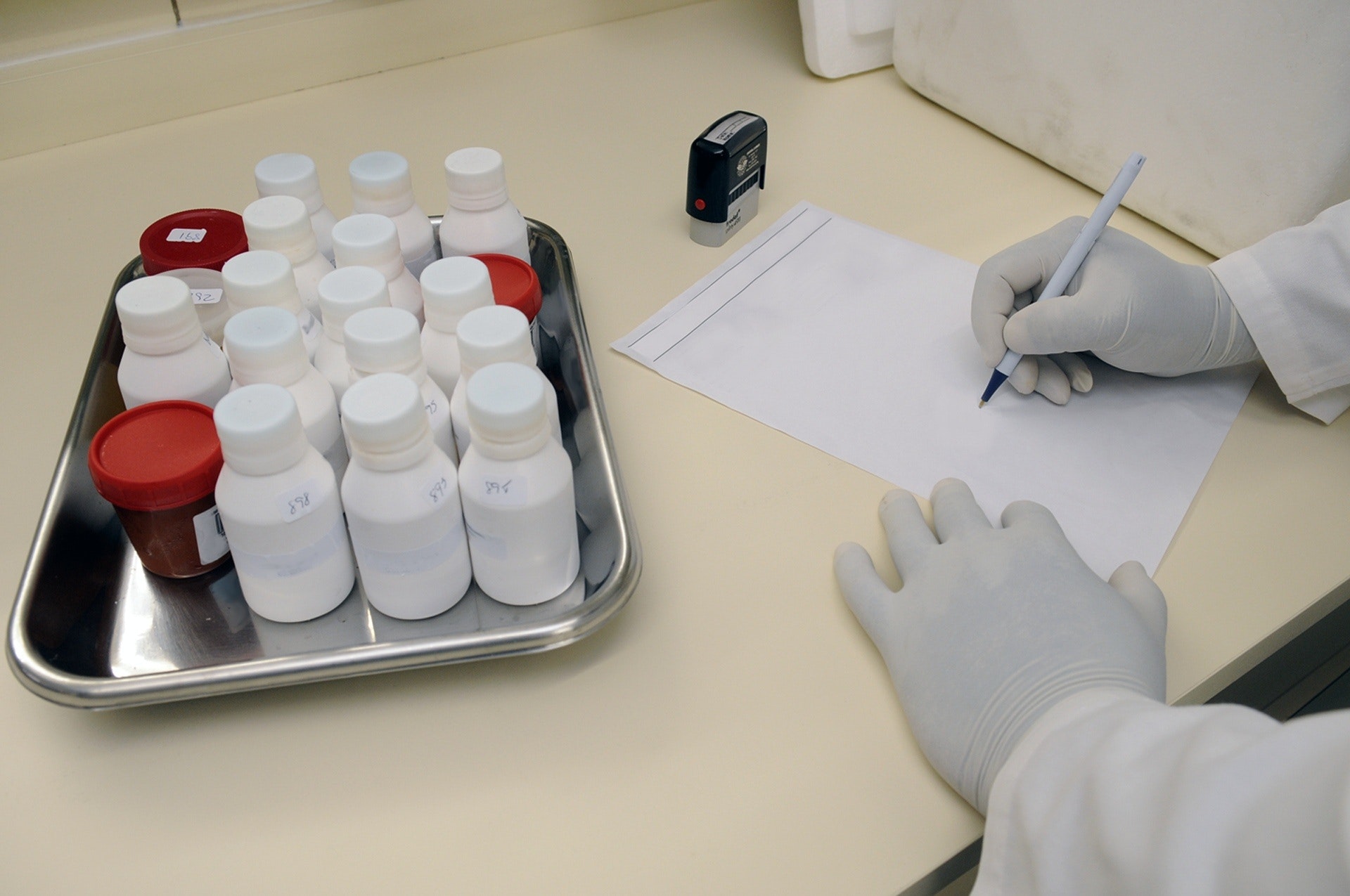
Limiting the Inspection
Another important aspect addressed in the present draft guidance relates to behaviors resulting in limiting the inspection. According to the document, an owner, operator, or agent of a drug or device facility who prevents an authorized representative of the FDA from conducting an inspection to the extent allowable under the law may be viewed as limiting inspection under section 501(j) of the FD&C Act. The guidance further provides a few examples of such behaviors and highlights the key points associated thereto.
- Limiting access to facilities and/or manufacturing processes. The first example describes situations when inspectors are actually prevented from accessing the areas that should be included in the scope of an inspection conducted. For instance, this could take place in a form of a refusal to permit observation of the manufacturing process conducted in that area. This includes temporary discontinuation of manufacturing processes during the inspection, or any interruptions to the said processes, as well as unreasonably limiting the time inspectors have to observe the process or unreasonably restricting access to certain areas or premises. This concept also applies in situations when an investigator is requested to leave the premises without a proper explanation provided. However, the said limitations will be justified in case they are based on the nature of the manufacturing processes in question (for instance, an inspector requires special equipment in order to access the area).
- Limiting photography. Under the general rule, FDA inspectors are entitled to take photos in the course of an inspection in order to document their findings. The situations when investigators are prevented from making photos during an inspection would be considered limiting the inspection. At the same time, under certain conditions, introducing additional restrictions regarding making photos will be reasonable – for instance, if this could impact adversely the quality of products being manufactured or raw materials used.
- Limiting access to or copying of records. In accordance with the applicable regulations, FDA inspectors should also be allowed to access the records related to the products and processes covered by the scope of the inspection, as well as to make copies thereof. Hence, not allowing an authorized representative of the FDA access to or copying records that FDA is entitled to inspect by law, including not providing records that the FDA requests pursuant to section 704(a)(4) or 704(e) of the FD&C Act, may be considered limiting an inspection. This includes, inter alia, such actions as refusing to provide access to records requested by an investigator, providing not all the records requested, providing redacted records, keeping incomplete records, or refusing to provide a copy.
- Limiting or preventing the collection of samples. In the course of an inspection, FDA investigators are also allowed to collect samples, including environmental samples, finished product samples, raw material samples, in-process material samples, reserve samples in bioequivalence and bioanalytical studies, and labeling. Preventing authority representatives from collecting samples would be considered limiting the inspection.
In summary, the present draft guidance issued by the FDA outlines the circumstances the authority will consider denying the inspection or limiting it. According to the document, should such situations appear, the appropriate justification should be provided by the facility, otherwise this could impact the regulatory status of the product in question.
Sources:
How Can RegDesk Help?
RegDesk is a holistic Regulatory Information Management System that provides medical device and pharma companies with regulatory intelligence for over 120 markets worldwide. It can help you prepare and publish global applications, manage standards, run change assessments, and obtain real-time alerts on regulatory changes through a centralized platform. Our clients also have access to our network of over 4000 compliance experts worldwide to obtain verification on critical questions. Global expansion has never been this simple.
Want to know more about our solutions? Speak to a RegDesk Expert today!
- SEO Powered Content & PR Distribution. Get Amplified Today.
- Platoblockchain. Web3 Metaverse Intelligence. Knowledge Amplified. Access Here.
- Source: https://www.regdesk.co/fda-draft-guidance-on-denying-or-limiting-an-inspection/
- 1
- a
- About
- absent
- Accept
- access
- accessing
- According
- Act
- actions
- actually
- Additional
- administration
- advance
- adversely
- agency
- Agent
- All
- Allowing
- alternative
- and
- Announcement
- appear
- applicable
- applications
- applied
- approach
- appropriate
- AREA
- areas
- arrival
- Arrives
- article
- aspect
- aspects
- assessments
- associated
- authority
- based
- because
- being
- case
- centralized
- certain
- change
- Changes
- circumstances
- clients
- closed
- collect
- Collecting
- collection
- Companies
- completing
- compliance
- concept
- conditions
- conducting
- Consider
- consideration
- considered
- constitute
- copies
- copying
- could
- course
- covered
- covers
- critical
- day
- describe
- device
- Devices
- document
- draft
- drug
- Drugs
- during
- ensure
- entity
- equipment
- example
- examples
- expansion
- expert
- experts
- explained
- explanation
- Facility
- fda
- few
- finalized
- First
- food
- Food and Drug Administration
- form
- from
- further
- General
- Global
- global expansion
- healthcare
- help
- highlights
- hold
- holistic
- Home
- However
- HTTPS
- Impact
- important
- important aspect
- impose
- in
- included
- includes
- Including
- information
- instance
- Intelligence
- introduce
- introducing
- Investigators
- involved
- Issued
- IT
- keeping
- Key
- Know
- Law
- Leave
- Legislation
- limitations
- Line
- maintenance
- make
- Making
- manage
- management
- management system
- manufactured
- manufacturing
- Markets
- material
- materials
- Matter
- max-width
- medical
- medical device
- medical devices
- Members
- more
- namely
- Nature
- network
- New
- obligations
- observe
- Operations
- operator
- order
- otherwise
- outlines
- owner
- Pack
- Personnel
- Pharma
- photography
- physical
- Place
- platform
- plato
- Plato Data Intelligence
- PlatoData
- points
- position
- Prepare
- present
- prevent
- preventing
- Prior
- process
- processes
- Product
- Products
- proper
- provide
- provided
- provides
- providing
- publish
- published
- Pursuant
- quality
- question
- Questions
- Raw
- real-time
- reasonable
- recommendations
- records
- refusing
- regarding
- regulations
- regulatory
- related
- representative
- Representatives
- requested
- requests
- Requirements
- requires
- Reserve
- respective
- restricting
- restrictions
- resulting
- Rule
- rules
- Run
- Said
- same
- schedule
- scheduled
- scope
- Section
- should
- Simple
- situations
- Solutions
- Sources
- speak
- special
- Staff
- standards
- States
- Status
- studies
- subject
- such
- SUMMARY
- system
- Take
- tells
- temporary
- The
- The Area
- the Law
- their
- Through
- time
- Title
- to
- under
- us
- Verification
- which
- WHO
- will
- without
- worldwide
- would
- zephyrnet


